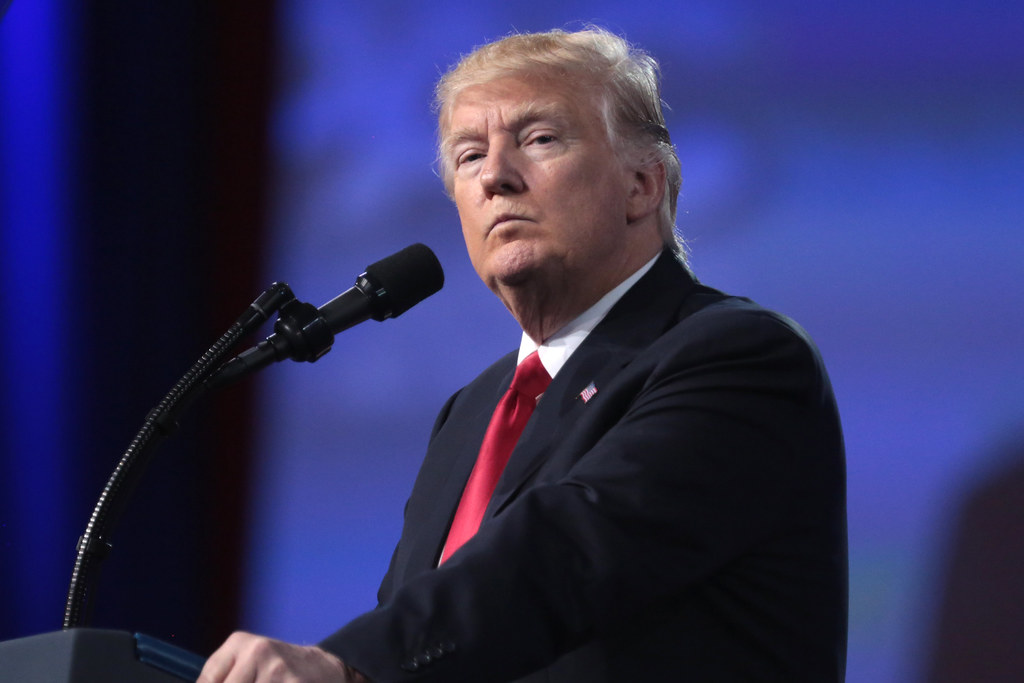The Trump administration’s precision strike on Iranian nuclear sites, carried out without congressional approval, is seen by many as another step in the decades-long erosion of congressional war-making powers since the September 11 terror attacks. “Operation Midnight Hammer,” a massive B-2 bomber strike on Saturday, hit Fordo, Natanz, and Isfahan. While administration officials, including Secretary of State Marco Rubio and Vice President Vance, defended the action as a limited, targeted effort against nuclear weaponization, the unilateral nature is sparking concern.
Rubio clarified on CBS’s “Face The Nation” that the mission was “designed to degrade and/or destroy three nuclear sites related to their nuclear weaponization ambitions.” Vance reinforced this, telling “Meet The Press” that the U.S. was specifically targeting Iran’s nuclear program, emphasizing the President’s inherent authority to prevent the proliferation of weapons of mass destruction. He also sought to reassure a war-weary public that this operation would be decisive and not prolong U.S. involvement in the Middle East.
However, the lack of congressional consultation has ignited a fierce debate on Capitol Hill. Rep. Thomas Massie (R-KY), co-author of a bipartisan War Powers Resolution, sharply criticized the President’s actions on “Face The Nation,” stating there was “no imminent threat to the United States” that would bypass Congress’s war-declaring powers. He lamented lawmakers’ absence for fundraising while constitutional authority was “ceded.”
Despite Massie’s dissent, House Speaker Mike Johnson publicly backed Trump, asserting on X that congressional leaders were aware of the “urgency” and that the “imminent danger” justified the rapid strike. He maintained that Trump “fully respects the Article I power of Congress,” citing historical precedent. Nevertheless, several top Democrats, including Sen. Tim Kaine (D-VA) and Sen. Mark Kelly (D-AZ), expressed strong condemnation, highlighting the increased risk to American troops and the alleged violation of the War Powers Act.

